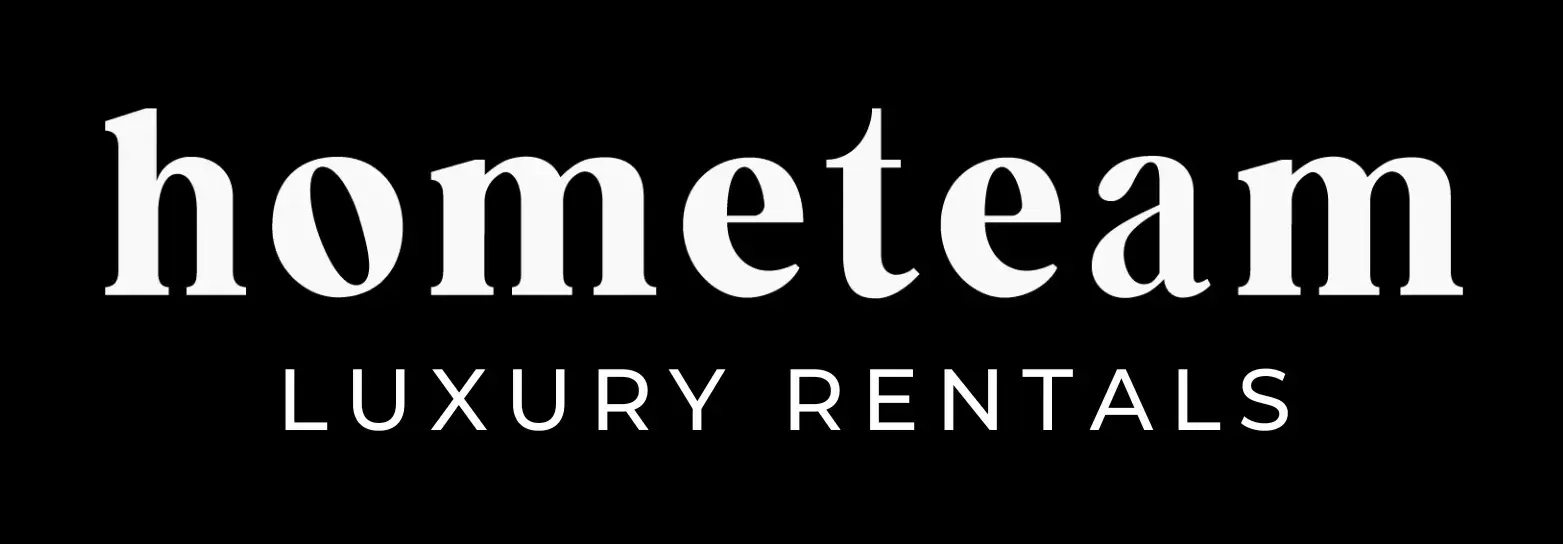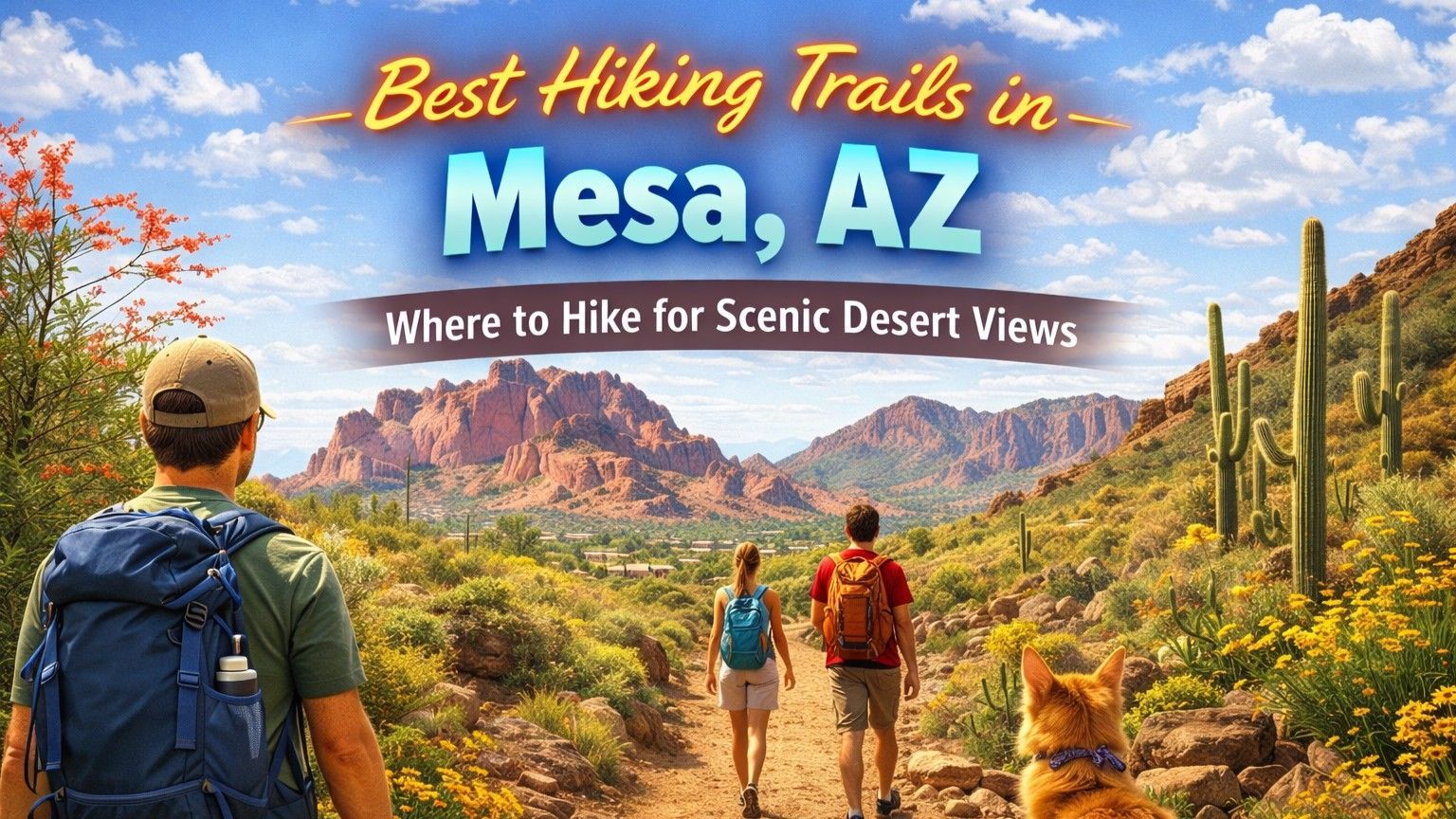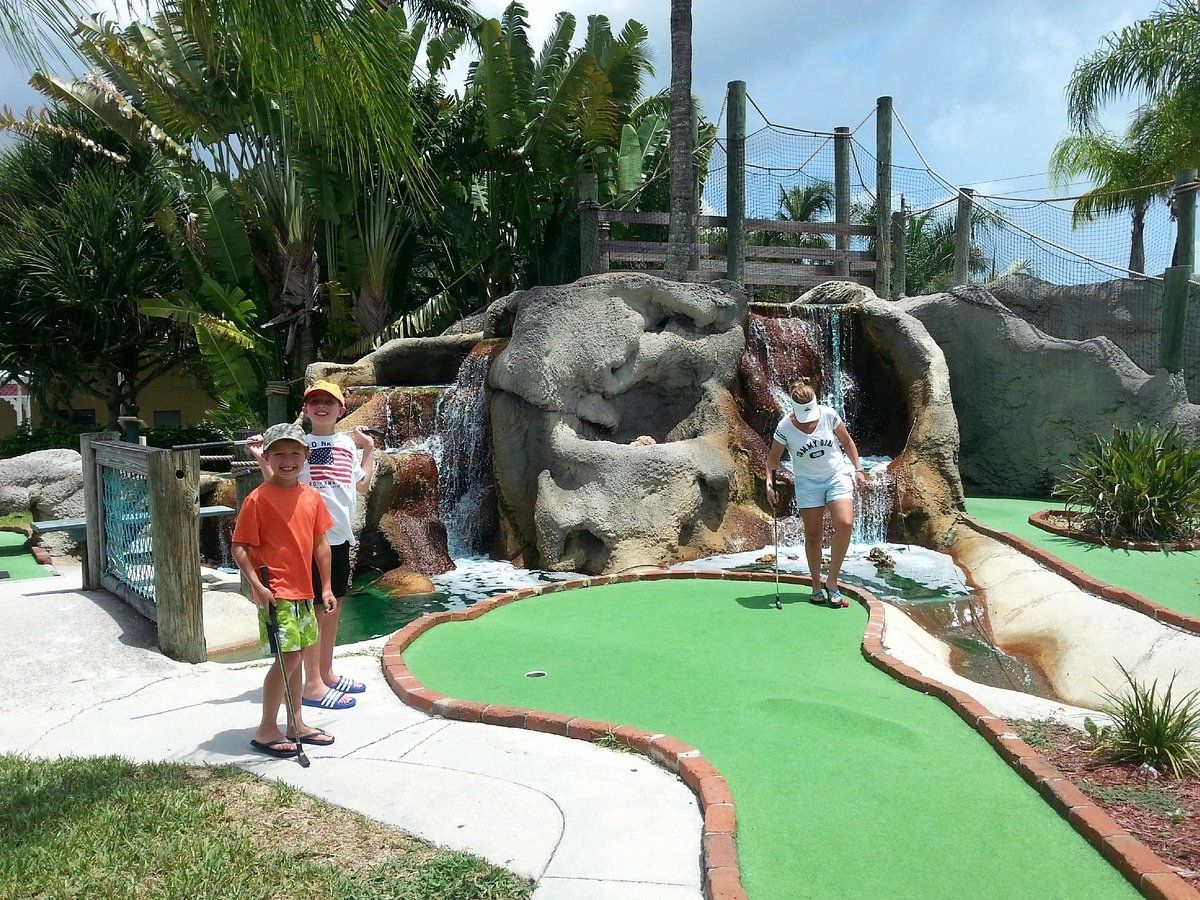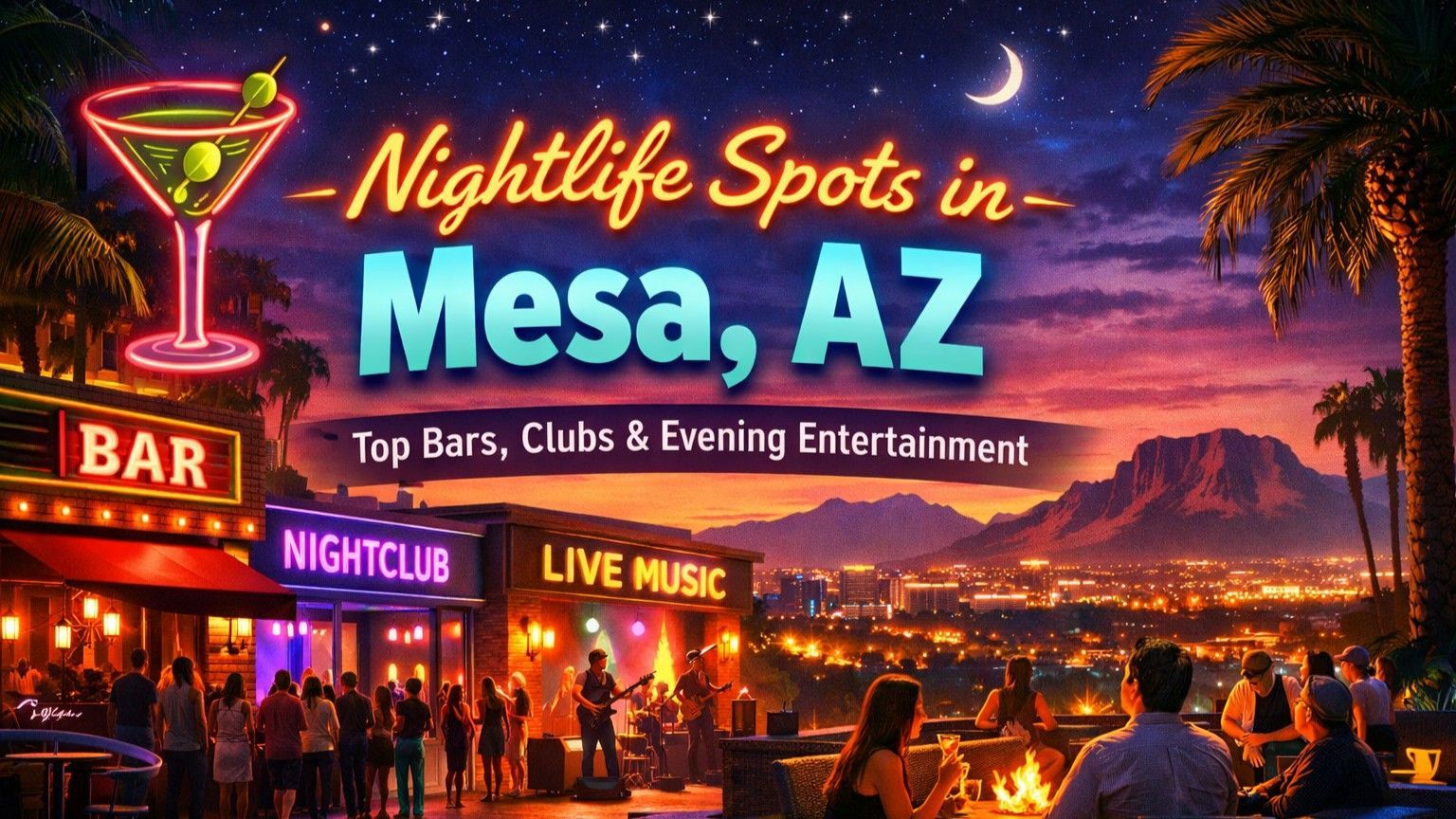
Short-Term Rentals (STRs) have surged as visitors seek accommodations near the state's lakes, cities, and attractions. For property owners using platforms like Airbnb and VRBO, understanding the regulatory landscape is essential and difficult.
Navigating Minnesota Short Term Rental Regulations can feel overwhelming. Minnesota's approach creates a complicated set of requirements that vary dramatically by locality, unlike states with comprehensive statewide frameworks.
This guide provides an overview of Minnesota's STR regulatory environment for property owners and investors. We will explore state-level considerations, local ordinances, common regulatory requirements, and major cities' rules. Whether you are a current host or considering entering the market, this information will help you operate legally and make informed decisions about your property.
Minnesota's Approach: State Oversight and Local Control
Minnesota lacks a comprehensive statewide law governing short-term rental operations. As of 2025, the Legislature has not enacted broad legislation specifically regulating STRs at the state level, though this may change in future sessions.
At the state level, the primary requirement for STR operators involves taxes. The Minnesota Department of Revenue requires hosts to collect and remit state sales tax (currently 6.875%) on rental income. Some rentals are also subject to state lodging tax. STR operators must register with the state, obtain a tax ID number, and comply with regular filing requirements.
Minnesota STR hosts must understand that local authorities determine and enforce most regulations. Cities and counties have implemented their own ordinances on licensing, zoning, operational standards, and other management aspects. These local rules vary significantly and take priority for your property.
The Importance of City and County Ordinances
Local governments regulate STRs to preserve neighborhood character, prevent housing shortages, ensure visitor safety, minimize noise and parking issues, and maintain competition with traditional lodging businesses like hotels and bed-and-breakfasts.
Local control leads to differing regulations between neighboring communities. For example, Minneapolis allows non-owner occupied STRs with proper licensing, while some suburbs prohibit them. A lakeside cabin in one county might face minimal restrictions, while a similar property across county lines could face strict licensing, occupancy limits, and operational rules.
Hosts must research and comply with the specific ordinances in their property’s jurisdiction before listing or operating. Operating without proper licensing or violating local zoning can result in penalties.
Common Short-Term Rental Regulations in Minnesota
While requirements vary by locality, most Minnesota communities regulating STRs address common areas. Understanding these categories helps hosts identify local ordinances.
Licensing and Permits
Most Minnesota localities require a license, permit, or registration to operate legally. These permits establish oversight and create a record of STR properties.
- Common license application requirements include:
- Detailed property information
- Owner contact information and identification
- Proof of property insurance often with minimum coverage requirements
- Designate a local contact person for owners who are not local.
- Application fees depending on locality
- Property inspections
Many cities differentiate license types based on factors like whether the property is owner-occupied or non-owner occupied, or the number of units in a building.
Taxes Beyond State Level
In addition to state taxes, many Minnesota cities and counties impose local lodging taxes on STR stays, which range from 3% to 7% or higher.
Hosts must collect and remit all applicable state and local taxes unless their listing platform (like Airbnb or VRBO) automatically collects them. Even when platforms collect certain taxes, they may not collect all required taxes, so hosts must confirm their obligations with local authorities.
Zoning Restrictions
Zoning regulations determine where STRs can operate. Some communities:
- Restrict STRs to designated residential zones
- Allow them only in commercial or mixed-use zones.
- Prohibit them in specific neighborhoods or historic districts.
- Impose density caps limiting STRs per block or neighborhood
- Have specific rules for accessory dwelling units (ADUs)
Zoning can be restrictive in residential areas where communities seek to preserve long-term housing and neighborhood identity.
Safety and Health Standards
Safety requirements in STR regulations typically include:
- Working smoke detectors in all bedrooms and on every level.
- Carbon monoxide detectors
- Fire extinguishers
- Marked emergency exits
- Adherence to building codes
- Maximum occupancy limits based on square footage or bedroom count
Some localities require formal safety inspections before issuing licenses or permits.
Operational Rules
Many communities impose specific operational requirements:
- Quiet hours typically 10 PM to 7 AM
- Parking restrictions, such as limiting guest vehicles or requiring off-street parking
- Waste management procedures
- Restrictions on special events or parties
- Requirements to display license numbers on listings
- Display house rules and emergency information for guests
Non-Compliance
Operating an STR without proper licensing or in violation of local regulations can result in serious consequences:
- Monetary fines ($500-$2,000, with some localities imposing daily penalties for ongoing violations)
- License suspension or revocation
- Cease and desist orders
- Prohibition from operating STRs for long periods after violations
- Legal action
STR Regulations in Key Minnesota Cities: Examples and Resources
The examples highlight regulatory approaches in major Minnesota cities. This is not exhaustive, and regulations change frequently. Verify current requirements with official city sources.
Minneapolis STR Rules
Minneapolis regulates STRs through a licensing system with different tiers:
- Tier 1 License ($51 annual fee): For owner-occupied properties where the owner resides on-site during the rental period.
- Tier 2 License ($91 annual fee): For non-owner occupied properties or when owners are not present during stays.
- Tier 3 License: For properties with multiple units in the same building
Requirements include registration with the city's Business Licensing division, adherence to safety standards, and proper tax collection. Properties must list their license number on all listings and advertisements. The city enforces a local contact person available around the clock for non-owner occupied rentals.
St. Paul STR Rules
St. Paul requires STR operators to obtain a Fire Certificate of Occupancy (FCO) and a Short-Term Rental License through the Department of Safety and Inspections (DSI).
Key requirements include:
- Annual license fees ($70 for owner-occupied, $400 for non-owner occupied as of 2025)
- Property inspections to confirm safety code compliance
- Proof of homeowner insurance
- Ramsey County tax registration
- Maximum occupancy limits
St. Paul distinguishes between hosted and non-hosted rentals, with extra requirements for non-hosted properties.
Duluth STR Ordinances
Duluth has implemented one of Minnesota's most comprehensive STR regulatory frameworks, focused on preserving residential neighborhoods and housing availability.
Key aspects include:
- Vacation Dwelling Unit permits required through the Planning Department.
- Annual license fee ($450 in 2025)
- 3% cap on eligible homes for STRs in each neighborhood
- 300-foot buffer requirement between STR properties
- Safety inspections and compliance
- Designated parking requirements
- Duluth's regulations focus on geographic distribution and density controls.
Rochester Vacation Rental Permit
Rochester regulates STRs through its Rental Certificate of Occupancy program, which the Building Safety Department administers:
- Certificate of Occupancy required for all rental properties.
- Annual registration fee ($135 for single-family homes)
- Property inspections every 3 years
- Compliance with Minnesota State Building Code
- The owner or agent must be available within 30 minutes of the property.
- Separate lodging tax registration with the city.
- Rochester's approach integrates STR oversight with existing rental property regulations.
Checking Other Cities and Counties
Popular tourist destinations around Lake Superior, Brainerd Lakes, and Twin Cities suburbs have distinct regulations. Many lake communities and resort areas have specific rules for vacation rentals.
Always check directly with the city or county government where your property is located, typically through planning, clerk's, or building departments, to confirm current requirements.
Successfully Navigating Compliance
Follow these steps to keep your Minnesota STR operation compliant and successful:
- Identify the Correct Jurisdiction: Determine which city or county oversees your property location.
- Research Local Ordinances: Review the STR regulations on the official government website, focusing on zoning, licensing, taxes, and safety requirements.
- Contact Local Authorities: If regulations are unclear, reach out to the relevant department (licensing, planning, clerk's office) for clarification.
- Apply for Licenses/Permits: Complete applications accurately, submit necessary documentation, and pay fees.
- Set Up Tax Collection: Register with state and local tax authorities and establish systems to collect and remit required taxes.
- Meet Safety Standards: Ensure your property meets all safety codes, including smoke detectors, carbon monoxide detectors, fire extinguishers, and proper exits.
- Maintain Compliance: Stay updated on rule changes, renew licenses on time, and operate responsibly regarding noise, parking, and guest management.
Simplifying Compliance with Expert Property Management
Navigating Minnesota Short Term Rental Regulations requires substantial time, attention to detail, and ongoing vigilance as rules change. This regulatory burden can be challenging for many property owners, especially those with multiple properties or living outside Minnesota.
Professional STR property managers bring knowledge of local regulations, relationships with authorities, and systems for compliance. They handle licensing, tax collection and remittance, safety compliance, and operational practices.
For owners of high-end properties seeking peace of mind and optimized returns, partnering with a full-service manager like Home Team Luxury Rentals can be beneficial. They have nationwide experience managing over 400 luxury vacation properties, ensuring compliance across diverse regulatory environments while maximizing cash flow and return on investment (ROI) through meticulous management and exceptional guest experiences.
Our professional vacation rental management in Minnesota reduces compliance risks and frees owners from researching regulations, filing paperwork, and maintaining compliance, allowing them to enjoy ownership benefits without the associated administrative burden.
Key Takeaways for Minnesota STR Hosts
Operating a short-term rental in Minnesota requires attention to regulations, with local ordinances determining what's permissible for your property. Compliance with licensing, taxes, zoning, and safety requirements is essential for legal operation and success.
While Minnesota's regulatory landscape may seem daunting, successful and legal STR operation is achievable with diligence, research, and professional assistance. You can build a sustainable and profitable business in Minnesota's tourism market by understanding local requirements and implementing compliance measures.
Disclaimer: This article’s information is for general purposes only and does not constitute legal or financial advice. Short-term rental regulations in Minnesota change and vary by locality. Property owners and hosts are encouraged to consult city or county authorities and seek qualified legal counsel to ensure compliance with all applicable laws and regulations for their location and situation. Reliance on this information is at your own risk.
